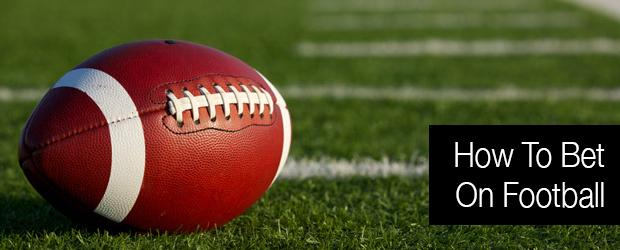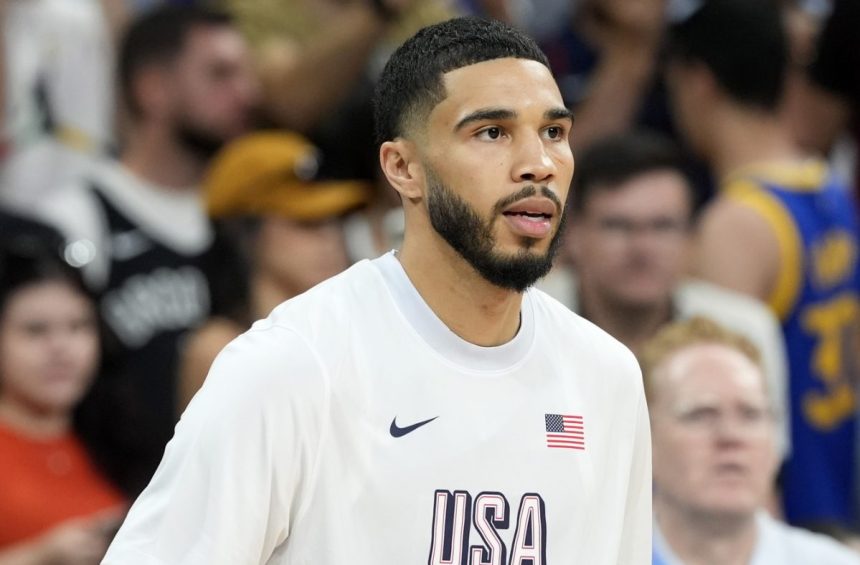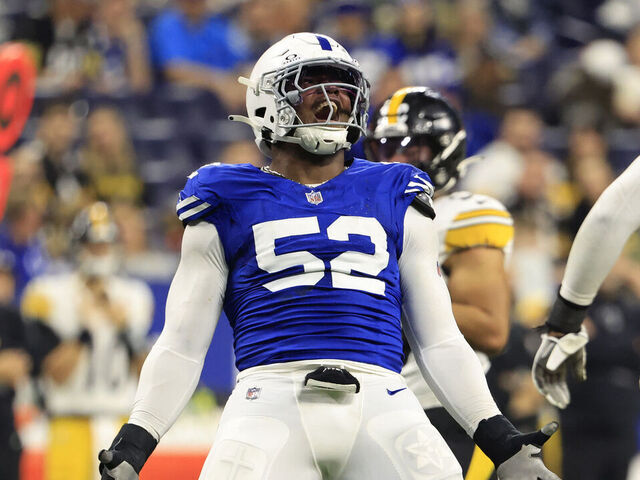Assuming you have already mastered the basics of betting on football – knowing how to do research for a game, calculate probabilities, manage the spread, and other essential knowledge – it’s time to move on and learn how to bet on football like a real professional that makes a living through sports-betting.
The first step is learning to leave keep your ego in control.
Don’t bet based on hunches, at least not most of the time. Although you’ll usually hear to keep hunches off the table, reality is that hunches are the way your subconscious tries to tell you something; even though you can’t trust emotions to take informed decisions most of the time, there are moments when the information you have isn’t enough to be certain on what side to take, and you need to trust your guts.
This also means you need to avoid placing bets on a certain team only because you’re a fan or have taken a liking to it for any given reason. Trust your data and research. If you can’t do that, you might want to let that bet pass.
Statistically speaking, pro-gamblers that make a living by betting on sports win no more than 65% of the time – usually around 57% and 60% of the time – so don’t let losses affect your emotional stability, and continue making smart bets based on solid research and your own data, even if that makes you lose sometimes.
Having said that, in many cases small changes have massive effects on the performance of certain teams, like the weather, fans support on the stadium, performance on the previous game, a new teammate affecting morale, among others. It’s complicated trying to calculate how these changes will affect the results, but the more information you have regarding these aspects, the better your chances of noticing something that others will miss, allowing you to know if you should place a bet, or on whom to bet on.
Another important aspect to take into account if you want to learn how to bet on football like a pro, is to take into account rumors and media.
By this point you know that you need to take into account shifts in spreads, comments by other gamblers, probability, and other related information, but what many people forget is that any news or rumors – in forums, radio shows, tv shows, anywhere – that can affect the perception of a game’s results, can make odds shift from one moment to another, and then back again. During those moments you need to keep calm and analyze the situation and see if an opportunity presents itself, but under any circumstances, don’t panic.
This is also the reason you don’t want to place bets more than three days before the event; at least not in most occasions. Although placing bets before others can provide an opportunity as odds are still fresh, many things can happen until the event. Usually two or three days is enough to place a bet under decent odds while avoiding unnecessary risks from unexpected situations.
Although it’s not everyone’s cup of tea, and it can prove to be slightly risky, live-betting can prove to be an additional stream of income worth considering at this point; however, as a pro, you must look to make smart decisions and bet on plays that are most likely to guarantee you profits, instead of losing yourself on the moment and bet on a hunch (e.g. a team has a 95% chance of making a field goal, so you bet on it).
Last but not least, consider using specialized software, or at least have an organized list of excel spreadsheets with formulas that allows you to manage all the data you gather or create and view it in a moment’s notice. This will be incredibly useful as you continue down this path, especially because you’ll save a lot of time and, old you can compare older information versus recent data to see if there are patterns or certain aspects to take into account for specific events (e.g. Seahawks vs 49ers is always a tough game, even if either has been underperforming against other opponents in previous games and the other has been dominating the field).









